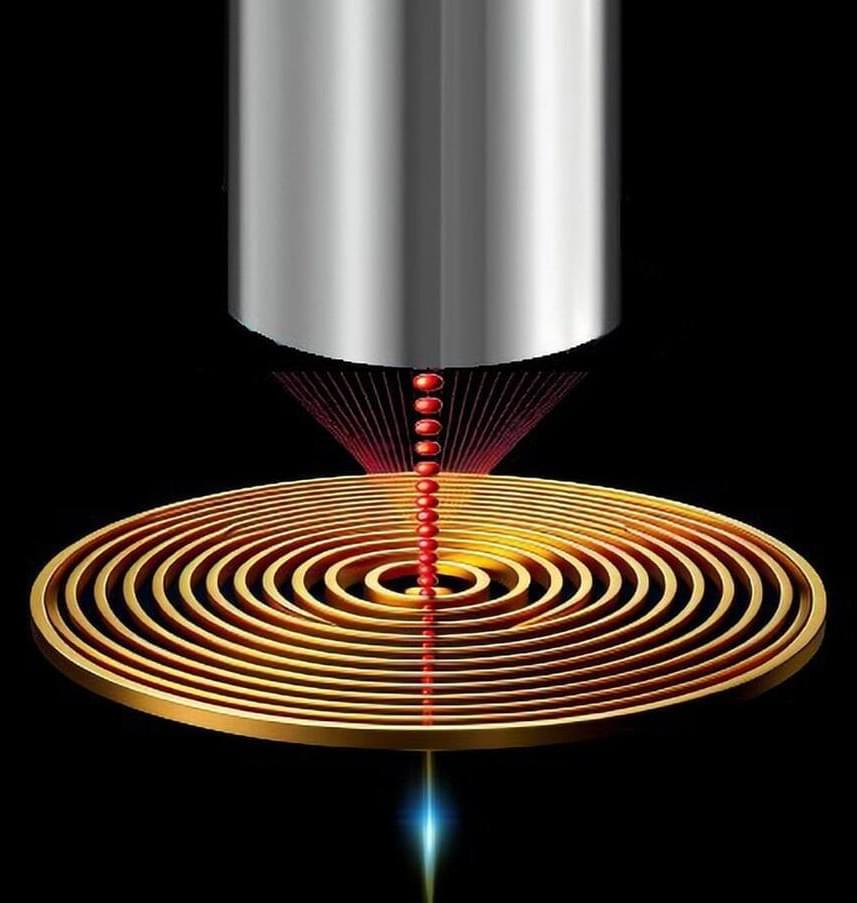May 16, 2024
Why China, the U.S., and Big Tech Are Racing to Harness Quantum Computing and AI
Posted by Dan Breeden in categories: economics, encryption, military, quantum physics, robotics/AI
Micius is considered quantum’s “Sputnik” moment, prompting American policymakers to funnel hundreds of millions of dollars into quantum information science via the National Quantum Initiative. Bills such as the Innovation and Competition Act of 2021 have provided $1.5 billion for communications research, including quantum technology. The Biden Administration’s proposed 2024 budget includes $25 billion for “emerging technologies” including AI and quantum. Ultimately, quantum’s awesome computing power will soon render all existing cryptography obsolete, presenting a security migraine for governments and corporations everywhere.
Quantum’s potential to turbocharge AI also applies to the simmering technology competition between the world’s superpowers. In 2021, the U.S. Commerce Department added eight Chinese quantum computing organizations to its Entity List, claiming they “support the military modernization of the People’s Liberation Army” and adopt American technologies to develop “counter-stealth and counter-submarine applications, and the ability to break encryption.”
These restrictions dovetail with a raft of measures targeting China’s AI ambitions, including last year blocking Nvida from selling AI chips to Chinese firms. The question is whether competition between the world’s top two economies stymies overall progress on AI and quantum—or pushes each nation to accelerate these technologies. The answer could have far-reaching consequences.

















